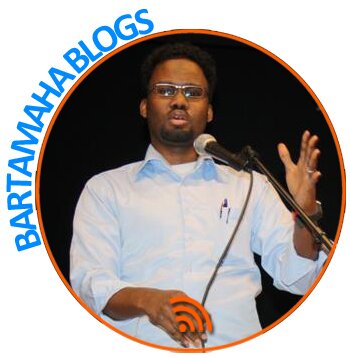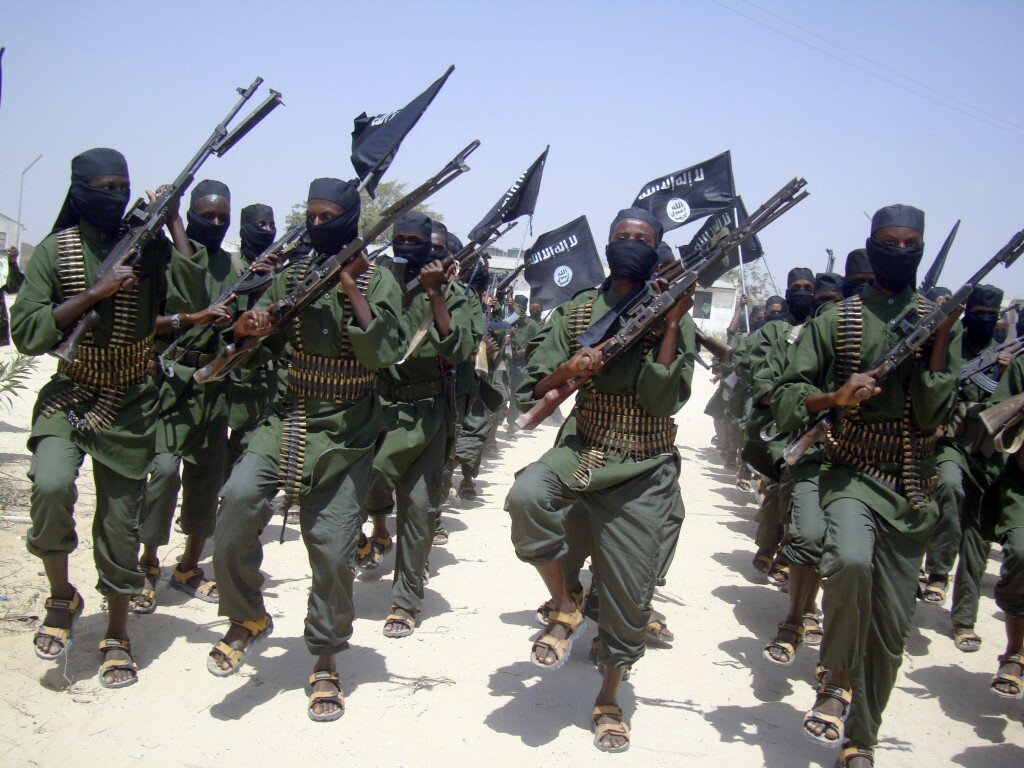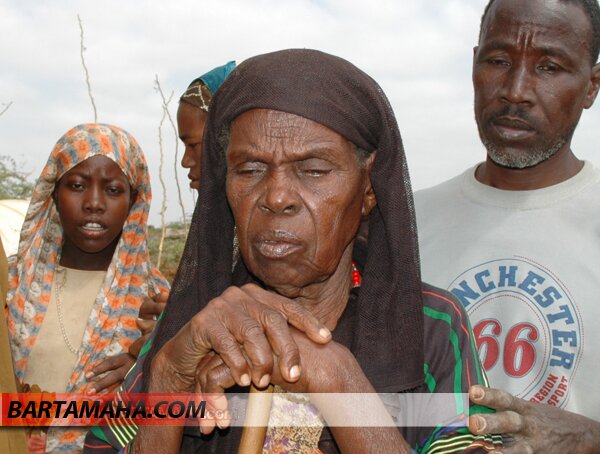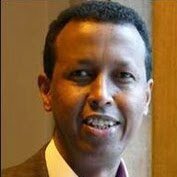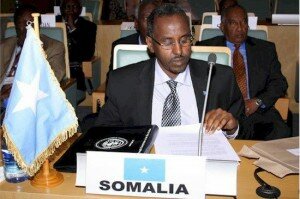Article: Why Kenya won’t help troubled Somalia.
 Bartamaha (Article)It is one of the world’s most dangerous places, the government has control of only a small fraction of the country and children born 20 years ago have known nothing but war and bloodshed.
Bartamaha (Article)It is one of the world’s most dangerous places, the government has control of only a small fraction of the country and children born 20 years ago have known nothing but war and bloodshed.
Somalia, Kenya’s neighbour to the east, has become a by-word for violence as scores of militant groups jostle for control and have divided the country amongst themselves.
From refugees, border conflict to the threat of terrorism, Kenya has found itself burdened by the lawlessness in Somalia. A fledgling Transitional Federal Government led by President Sharif Sheikh Ahmed has few resources to restore order. It has appealed for peacekeepers from the UN and the African Union.
The Standard on Sunday has tracked down Kenyan men who enlisted with al-Shabaab, a militant outfit that has declared it has links with the world’s most wanted terrorist, Osama Bin Laden.
There are several radical Islamic groups spreading chaos in Somalia, but al-Shabaab is seen as the biggest threat to the government, since it controls part of the capital Mogadishu.
The years of lawlessness has given rise to piracy.
Like a wayward brother, Somalia’s problems have become Kenya’s big worry. Kenya suffered immensely in the 1998 bomb attack in Nairobi, which killed more than 200 people.
For along time, key plotters and masterminds of the bombing of the US embassy were believed to be in Somalia.
Peace-building efforts and international interventions have failed since 1991when dictator Mohammed Siad Barre was ousted from power.
Kenya has previously made efforts to restore peace in Somalia but officials say the country will not send peacekeepers there. An official at the Ministry of Foreign Affairs said Kenya’s policy is that of non-interference towards the internal affairs of a foreign nation.
“Kenya would like to see peace and security in Somalia. However, we refrain as much as possible from its internal affairs,” said the official, who asked not to be named.
Military spokesman Bogita Ongeri also said Kenya had not received any requests either from the African Union or the United Nations. However, this stance of non-interference appears to be contradictory, since Kenya has trained fighters for the TFG and is accused of even habouring al-Shabaab elements. In a report recently, the UN criticised Kenya for contravening an arms embargo against Somalia, training the TFG fighters as well as allowing militants to freely enter and leave the country.
With fighting expected to intensify in coming months, Kenya is likely to receive more refugees escaping the violence.
Prof Macharia Munene of United States International University said Kenya is “very unlikely” to intervene on Somalia, especially by sending troops there.
“Kenya has a direct interest in Somalia, but it would not be wise to intervene militarily. First we do not have the capacity, and we don’t want to make permanent enemies of our neighbours,” said Munene, a professor of History and International Relations.
He observed past international interventions to restore peace have failed, saying only Somalis could solve their problem.
Although Somalia has had upheavals for more than 100 years, the current crisis is traced to the 1991 ouster of Barre. A power struggle between warlords emerged and has continued to date, albeit with new actors.
Interventions by the US and the UN have yielded nothing. In 1992, US marines landed near Mogadishu months before a peacekeeping force sent by the UN arrived.
The mission turned into a major embarrassment for the US after its soldiers were killed when two military helicopters were shot down by militia. The US troops withdrew in 1994, followed by the UN peacekeepers the following year.
Recently, the US discounted reports that it is offering the TFG and the AU with advice on the eminent offensive against militants in Mogadishu.
In the meantime, thousands of Somalis continue to flee their country into Kenya, exerting more pressure on the already crowded Dadaab refugee camp in northern Kenya.
A spokesman for the United Nations High Commission for Refugees, Emmanuel Nyabera, said more than 11,000 Somalis have crossed into Kenya since January.
They are flooding into Dadaab, which already has more than 600,000 refugees from various countries with more than 500,000 from Somalia.
“Despite the violence between various groups and talk of an impending attack, we have not seen a significant increase in the number of Somalis coming in. However, they may be bogged down by heavy rains pounding the region,” said Nyabera.
With the rise of militant groups, Kenya has been closely watching events there due to the threat of terrorism. Some of the masterminds of the 1998 bomb attack in Nairobi were believed to be from Somalia.
In January 2007, the US bombed a village near Ras Kamboni area where the bomb plotters were believed to be holed up.
Communities living along Kenya’s border with Somalia, which runs for hundreds of kilometres, have been plagued by attacks by gangs.
Mandera town, which is at the tip of Kenya’s border with Ethiopia and Somalia, has been a victim as residents have been attacked by militia who swiftly retreat. Currently, the border is closed.
Local Mayor Mohamed Adan Khalif cautioned the Government against any move that may be interpreted as taking sides, saying it may expose Kenyans to more attacks.
He urged the Government to provide opportunities for young people so they could resist temptations for recruitment by the warring groups.
“The most important thing is to engage the youth in meaningful activities,” he said
By PATRICK MATHANGANI.
Source: The Standard, Kenyan Daily newspaper.
Comments
comments
 Calendar
Calendar












